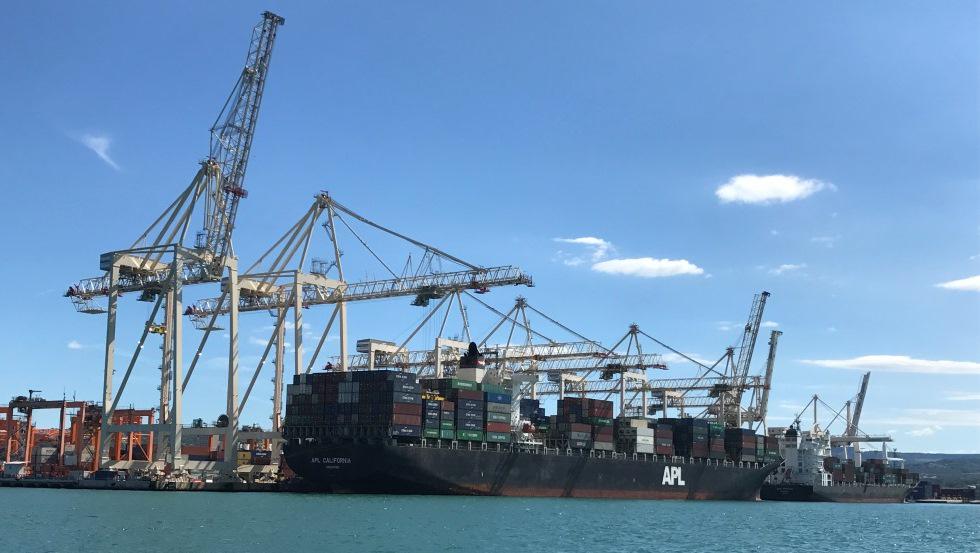
More than a year since the Labour Inspectorate determined that one of the providers of port services (IPS) – or "port bosses", as the workers call them – is a provider of workers rather than services, the situation for the remaining IPS workers has not changed significantly. Luka Koper stopped cooperating with three companies that had found themselves under the scrutiny of the inspectorate, yet their workers were simply transferred under a new "boss", while everything else has remained more or less the same.
"I worked a little over 300 hours, all in 12-hour shifts, in December, and some of my colleagues even had 360 hours," one of the IPS workers tells, emphasizing that – despite media attention, which explored irregularities and unlawfulness around IPS companies – there have been no significant changes. "The only change is that we now have a guaranteed rest during shifts shift we have, while in the past we sometimes had to return to work after just four hours of time off."
Call to work two hours before the shift
But this is a modest change, given that workers do not know when they will have to go back to work the next day, since the "boss" informs them about this an hour or two before the shift begins. Additionally, the payment remains divided: the base is the minimum wage, while the rest is paid by the "bosses" either in cash or through the payment of daily allowances or transport costs, which is an integral part of the IPS business model.
Last year the operation of the "port bosses” came under scrutiny of the financial administration as well as the labour inspectorate. Both authorities found irregularities. The financial authorities concluded that IPS companies also cooperate with subcontractor chains, where the last in the chain withdraws undocumented cash and uses it to pay workers or commissions. The parliamentary commission for the control of public finances has also discussed the matter twice.

































































